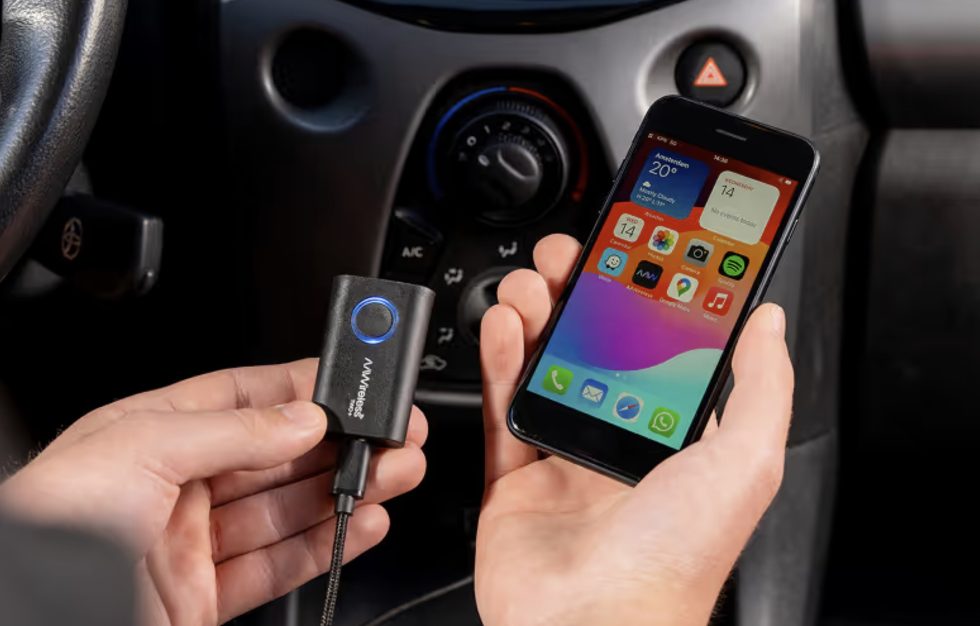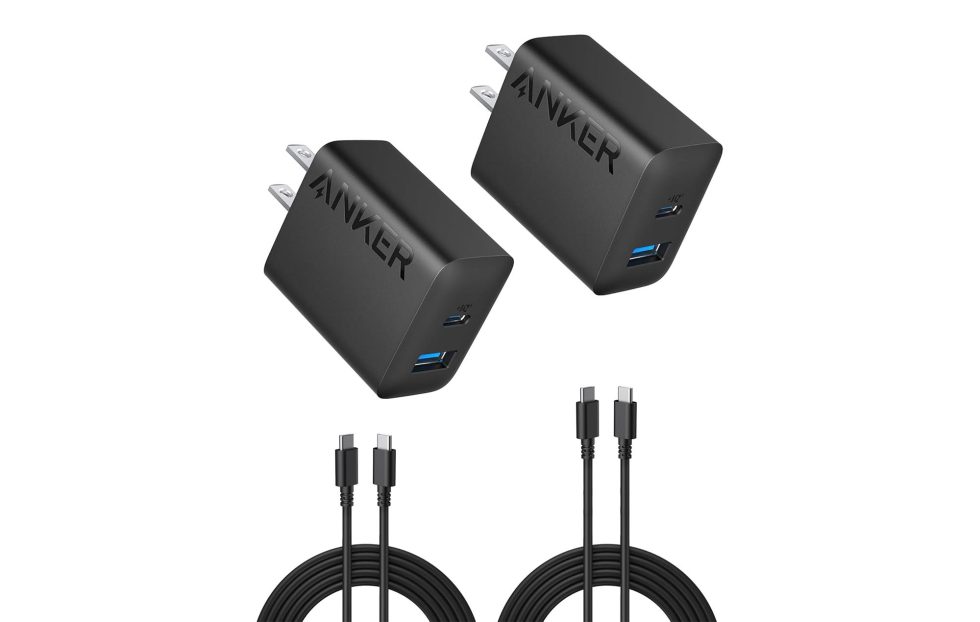Will GM's Bet on Battery Tech Jumpstart the Transition to Electric Cars?
Whether General Motors survives "depends in part on whether its bets on battery technology pay off," writes the Wall Street Journal. At $33,600 the company's Chevy Equinox is one of the cheapest EVs in America (only $5,000 more than the gas-powered model). "But it also recently announced a novel type of battery that promises to be significantly cheaper, while still providing long range, due to be rolled out in 2028..." Like many of its competitors, GM has made huge investments in EV battery factories, and in production lines for the vehicles themselves, and it faces challenges in generating a return on investment in the short term... In the long run, however, GM's focus on creating a North American supply chain for batteries could prove savvy, says David Whiston, U.S. auto equities analyst at Morningstar. The company is investing $625 million to mine lithium in Nevada. It is working on sourcing every material and every part in its batteries domestically, down to the copper and aluminum foils that go into its cells, says [battery and sustainability lead Kurt] Kelty... GM recently unveiled a new type of battery the company has been working on for a decade called lithium manganese-rich batteries, or LMR. These batteries combine the low cost of LFP batteries with the longer range of conventional, expensive lithium-ion batteries. What makes LMR batteries more affordable is that they use far less nickel, cobalt and other minerals that have become increasingly expensive. Instead, they use more manganese, a common element... The company's next initiative, says Kelty, is to further drive down the cost of its batteries by putting more of another common element, silicon, into them. "If GM can continue to grow demand for its EVs, in a few years the rollout of its latest tech could give it a price and performance advantage..." the article points out. While the EV transition is happening more slowly than projected in the U.S., GM hiring Kelty is a bet that the country's current EV struggles are temporary, and that technologists like Kelty will help GM get past them. "When we reach cost parity with [internal combustion engine] vehicles, I think that's one big milestone," says Kelty. "When you get there, then you're really going to see the transition happen very quickly — and we're not that far away from it." Read more of this story at Slashdot.

Read more of this story at Slashdot.
















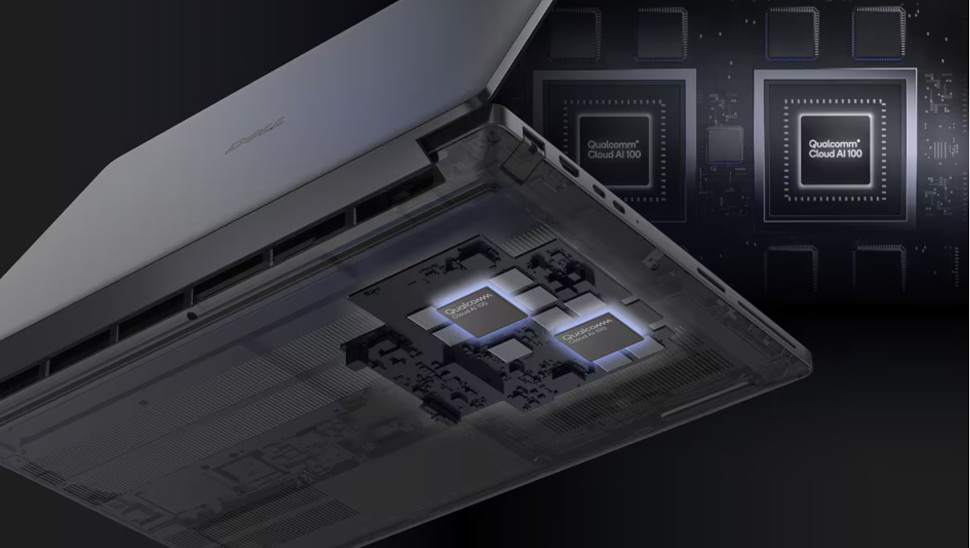























































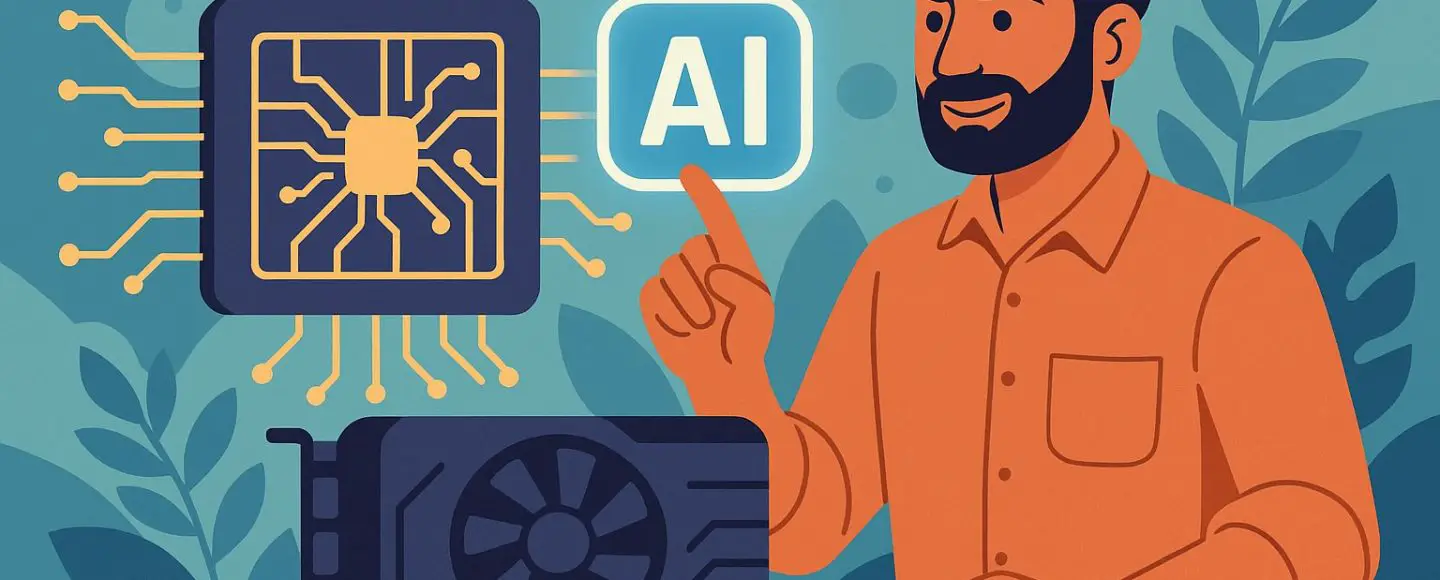




































































































![[The AI Show Episode 148]: Microsoft’s Quiet AI Layoffs, US Copyright Office’s Bombshell AI Guidance, 2025 State of Marketing AI Report, and OpenAI Codex](https://www.marketingaiinstitute.com/hubfs/ep%20148%20cover%20%281%29.png)


![[The AI Show Episode 146]: Rise of “AI-First” Companies, AI Job Disruption, GPT-4o Update Gets Rolled Back, How Big Consulting Firms Use AI, and Meta AI App](https://www.marketingaiinstitute.com/hubfs/ep%20146%20cover.png)





























































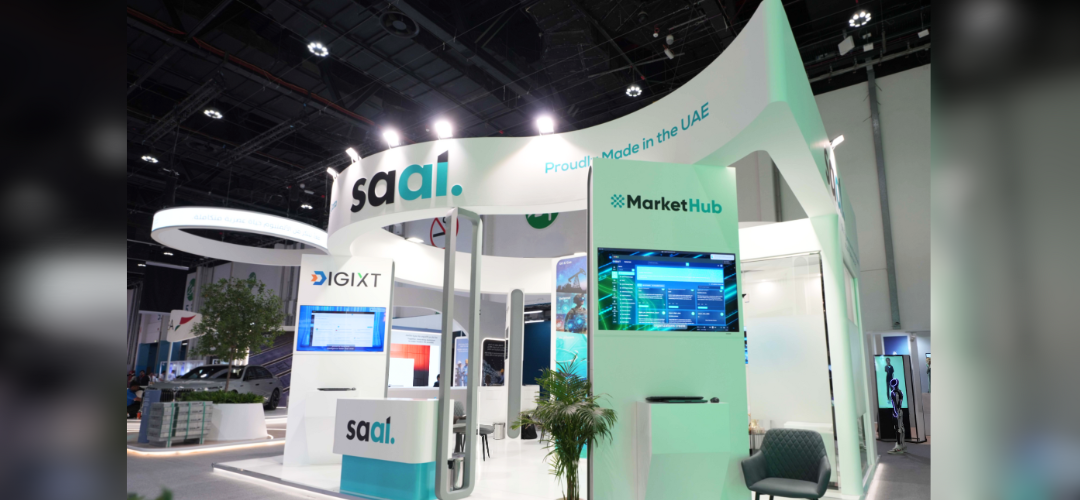



























































![[DEALS] AdGuard Family Plan: Lifetime Subscription (76% off) & Other Deals Up To 98% Off – Offers End Soon!](https://www.javacodegeeks.com/wp-content/uploads/2012/12/jcg-logo.jpg)





![Laid off but not afraid with X-senior Microsoft Dev MacKevin Fey [Podcast #173]](https://cdn.hashnode.com/res/hashnode/image/upload/v1747965474270/ae29dc33-4231-47b2-afd1-689b3785fb79.png?#)














































































































.png?width=1920&height=1920&fit=bounds&quality=70&format=jpg&auto=webp#)























_David_Hall_-Alamy.jpg?width=1280&auto=webp&quality=80&disable=upscale#)
_Andriy_Popov_Alamy_Stock_Photo.jpg?width=1280&auto=webp&quality=80&disable=upscale#)









































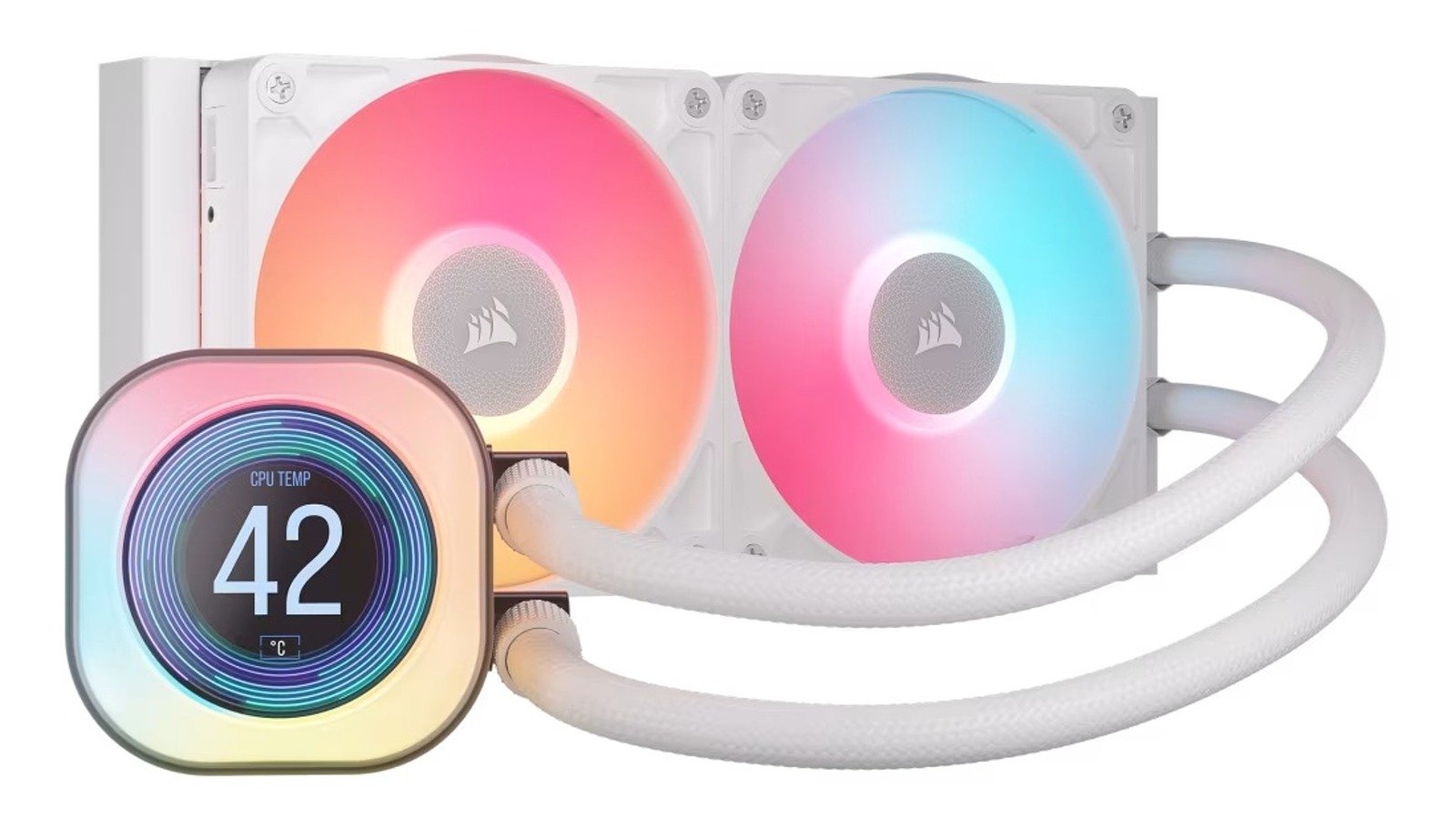
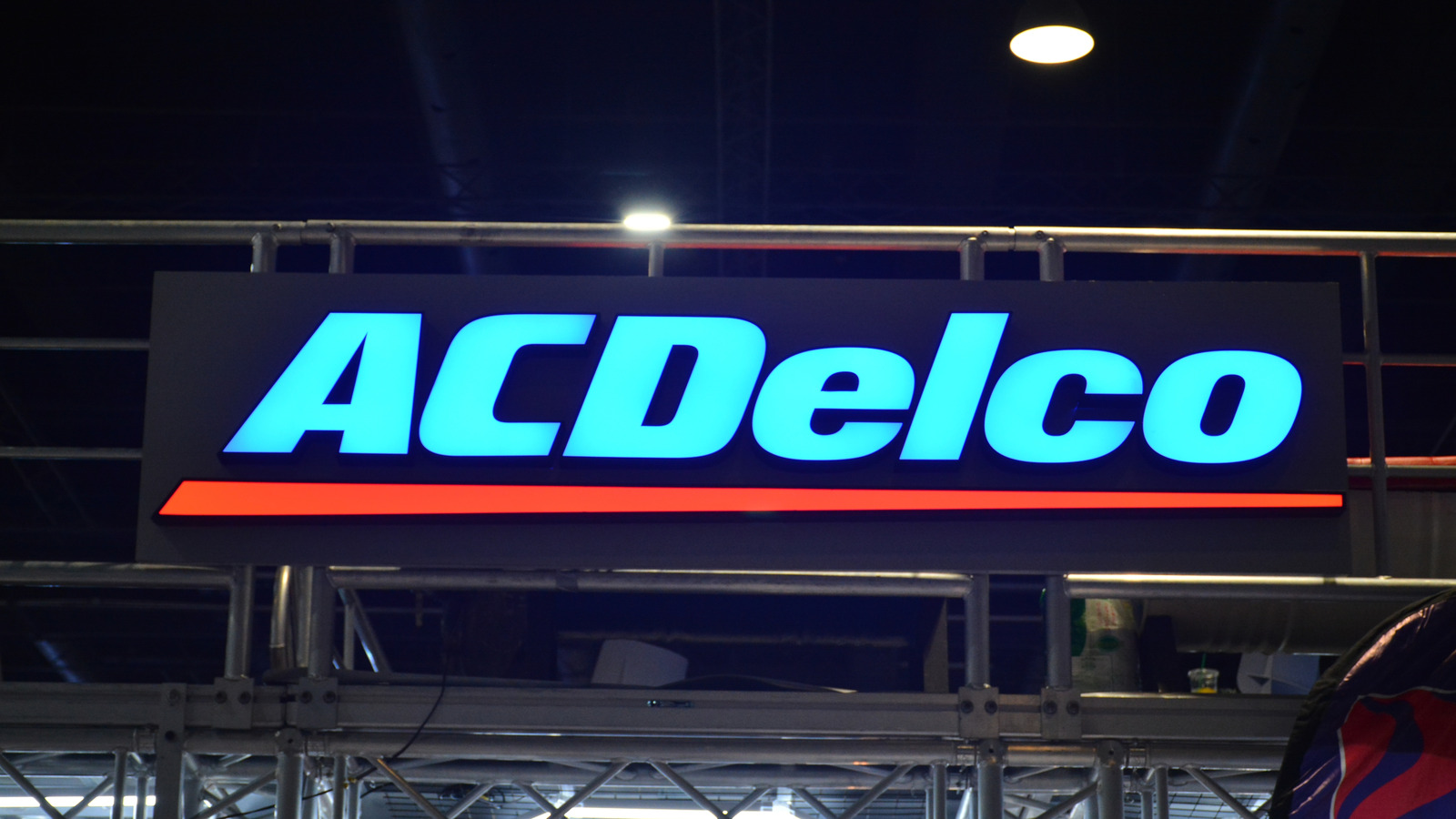














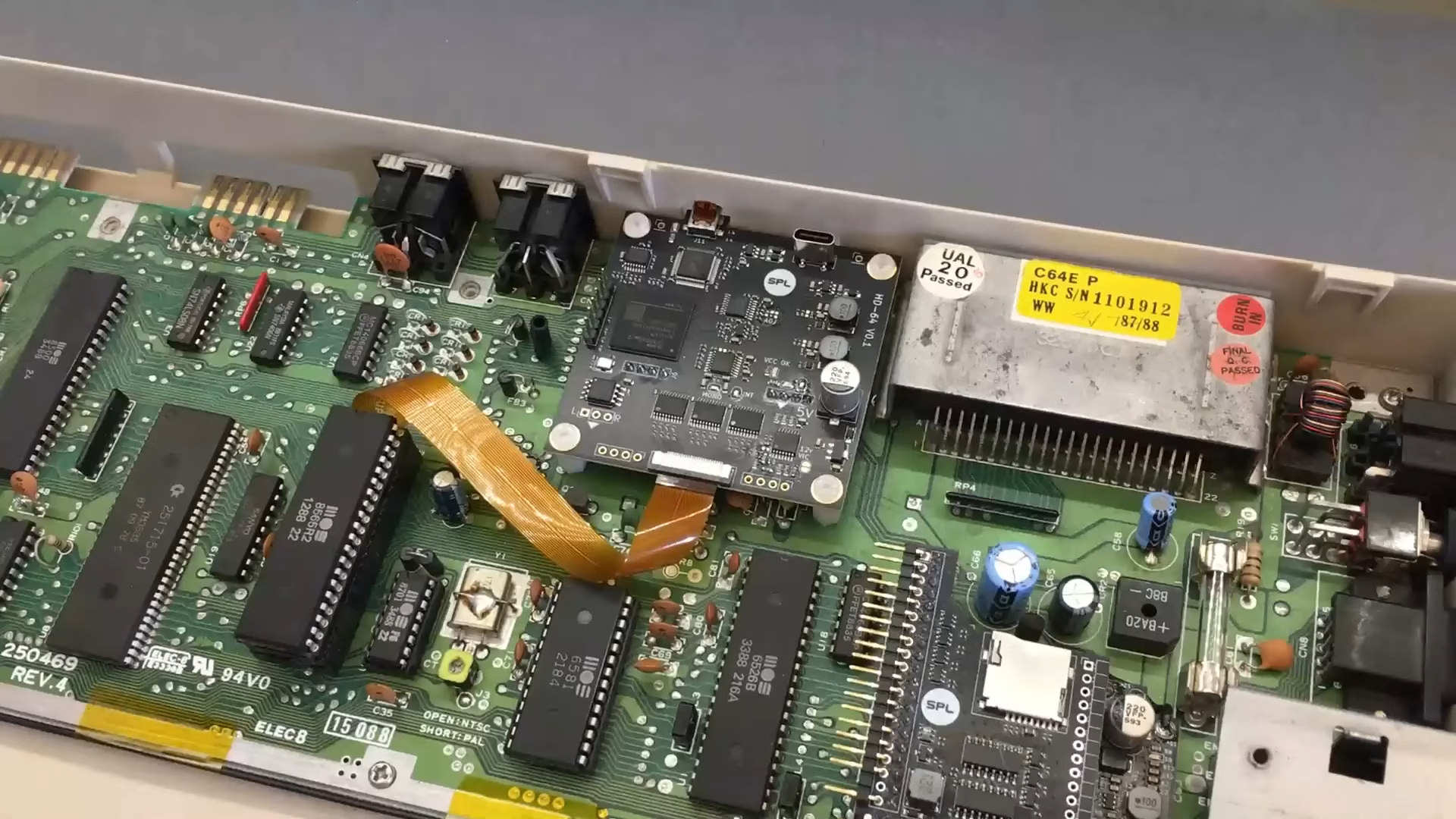
























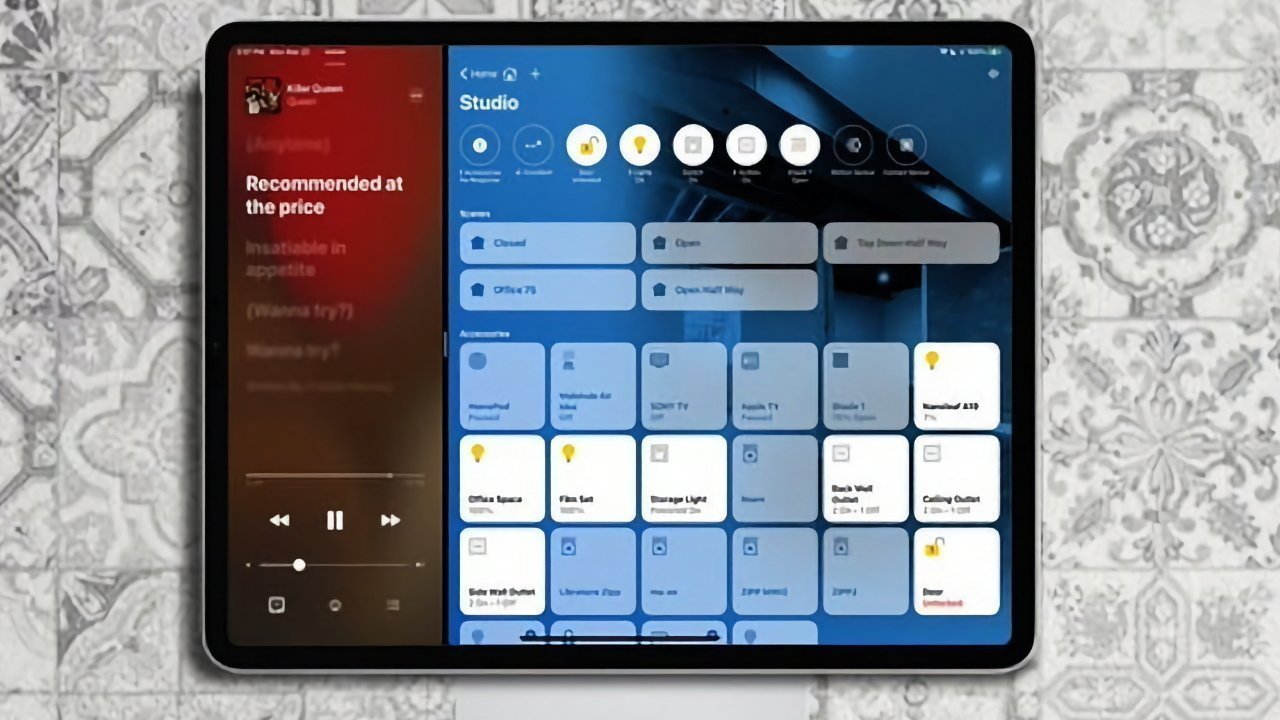





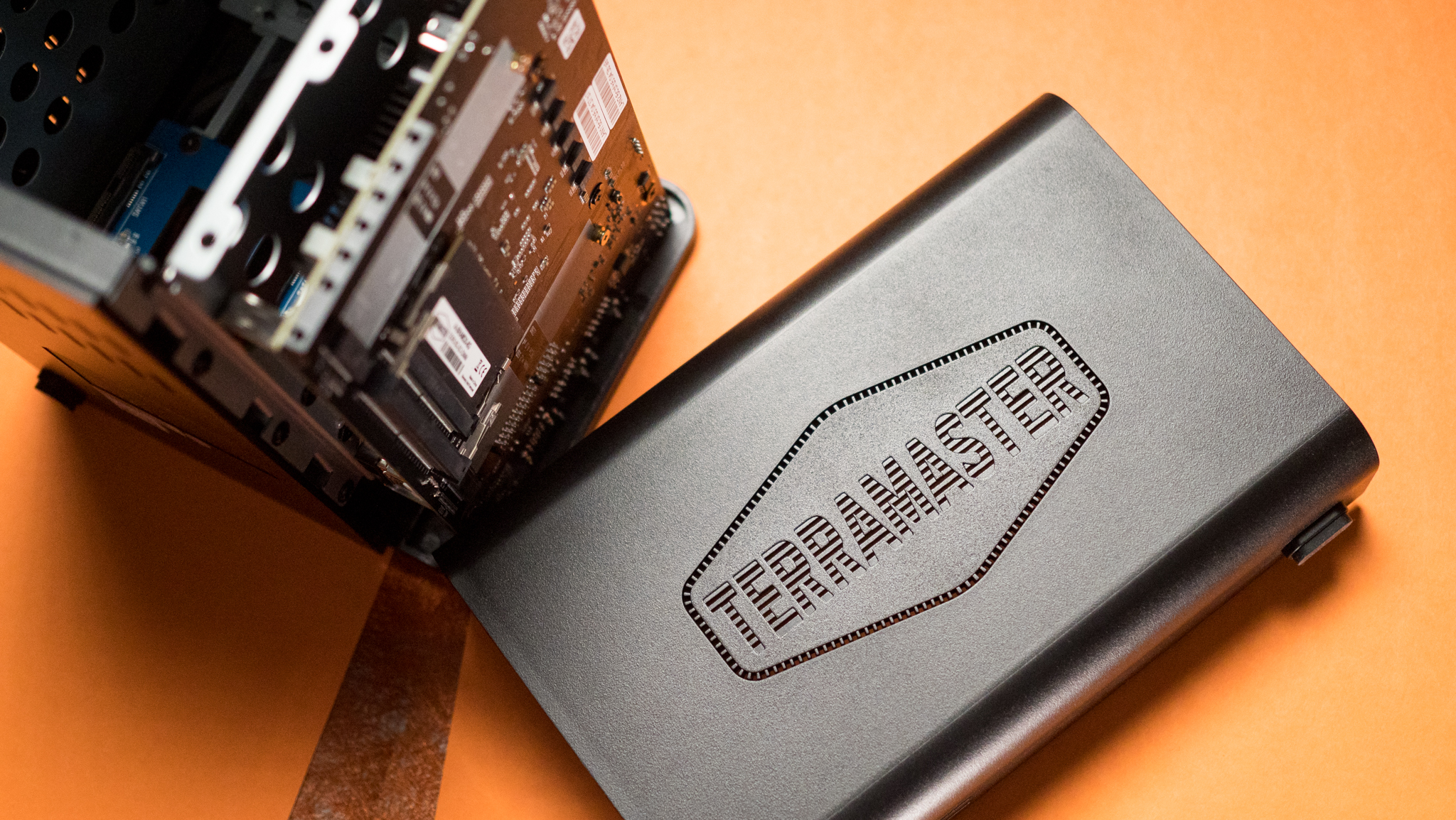








![Spotify will get a new Android Auto app ‘in the coming months’ with Jam support [Gallery]](https://i0.wp.com/9to5google.com/wp-content/uploads/sites/4/2025/05/spotify-jam-android-auto-4.jpg?resize=1200%2C628&quality=82&strip=all&ssl=1)














![Apple 15-inch M4 MacBook Air On Sale for $1049.99 [Deal]](https://www.iclarified.com/images/news/97419/97419/97419-640.jpg)
![Xiaomi Tops Wearables Market as Apple Slips to Second in Q1 2025 [Chart]](https://www.iclarified.com/images/news/97417/97417/97417-640.jpg)
























